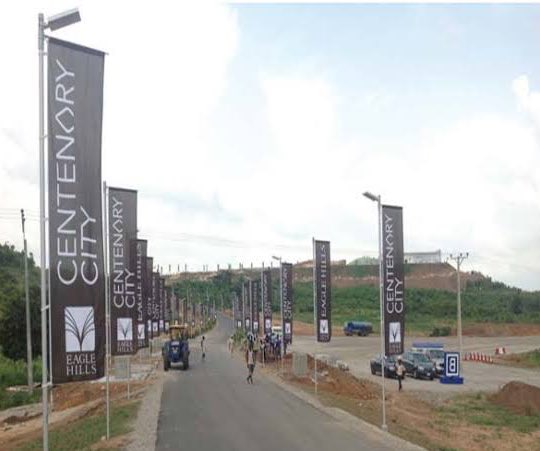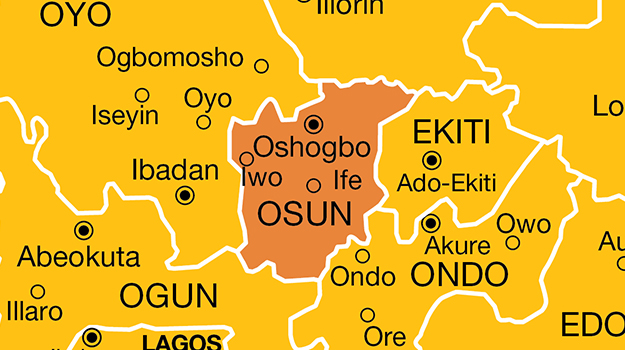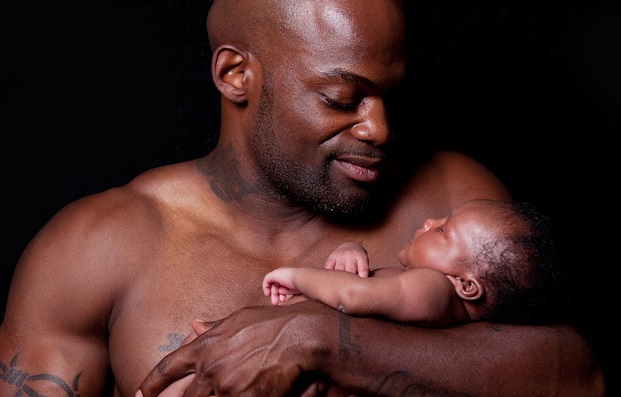The Lagos government says it will improve the living conditions of residents of the state by building the needed partnerships with investors on climate resilience.
Babajide Sanwo-Olu, the state governor, said this at the just-concluded United Nations climate change conference (COP27) in Egypt.
During his presentation, Sanwo-Olu told investors that his administration hopes to protect the city from climate shocks and respond to the threats affecting livelihoods.
“We are taking bold action to address the impacts of climate change in Lagos. Way back in 2018, we developed the climate action plan, so we do have a plan for climate change in Lagos,” he said.
Advertisement
“All of these plans are targeted at ensuring that we achieve net-zero by 2050 which is less than three decades from now.
“We have developed a portfolio of projects. We believe that these projects will essentially help achieve our goals. We are trying to see that we have an immediate response to climate threats. We want to build resilient infrastructure in all of our public spectrum. We want to ensure that we have resilient communities and be able to protect the vulnerable groups in our society.
“So, we see that even on these projects that we’ve mentioned, it comes to around like $8 billion, which we believe can come through private, public investments.
Advertisement
“We are looking to be able to attract low cost public funding, and where possible, commercial investment to support on this our resilient journey. We believe that investments will enable us to complete adaptation plans; it will also help us conduct extensive feasibility studies. In all of these, we want to make Lagos a model African city, a city for climate resilience in Africa.”
Samuel Egube, Lagos commissioner for economic planning and budget, said the state has one of the most detailed adaptation plans and hopes that it can be a model for Africa and the world.
“In this plan, we have about 38 projects structured around three broad areas. One of the areas is to build resilience infrastructure and public places; the second one is to build resilient communities; and the third is to protect the vulnerable,” he said.
“Around the infrastructure, one of them is to build about 18km of embankment and sea walls to protect our people. If that is done, it will protect over two million people, 700,000 of which are vulnerable populations.
Advertisement
“We also intend on the vulnerable community side to build risk insurance to cover over 8.5 million people. This is a parametric risk insurance, through satellite images and data that can trigger payout quickly when those risks occur.”
Speaking on Oando’s partnership with Lagos in its resilience drive, Ainojie Irune, president of Oando clean energy, said Lagos climate plans are in line with the company’s strategic plans as an energy firm.
“We do understand that the value of energy is not necessarily in its feedstock or where it comes from, but its utilisation. Climate change has certainly brought a different question — how do we do this in a sustainable way? And all the sciences are pointing to our ambitions as a country for 2060. But Lagos state been even more ambitious. Business has set the timeline for 2050 — 10 years,” Irune said.
“Now, that visioning alone is the reason why we’re partnering with Lagos state, and the partnership is to ensure that we move 30 percent of the GHG emissions today from transport into renewable energy, taking off all the municipal buses on the road over a period of time and shifting them from diesel buses to electric buses across the entire state.”
Advertisement
He added that the pilot process of the project is ongoing and the buses will be deployed in 2023.
Advertisement
Add a comment






